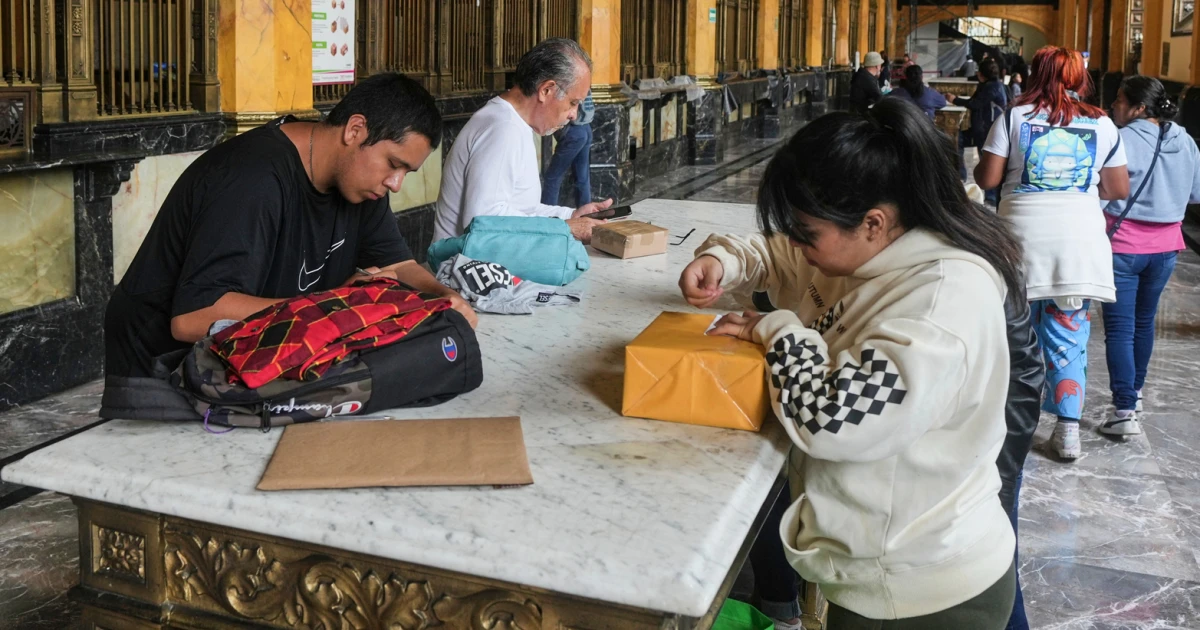Mexico City, August 2025 — Mexico’s national postal service has announced a temporary suspension of all shipments to the United States, citing uncertainty surrounding new U.S. tariff rules. The move is part of a wider disruption as several countries pause mail services amid confusion over trade changes.
End of Duty-Free Mail
For years, parcels entering the United States valued under $800 were exempt from tariffs. This so-called “de minimis” rule covered billions of dollars’ worth of goods each year, making international e-commerce and small parcel shipping faster and cheaper. With the exemption now being phased out, packages face new customs procedures, fees, and possible delays.
A Global Pause
Mexico joins postal operators in Europe, Japan, Australia, and other nations in halting U.S. shipments. The sudden change has left postal agencies scrambling to adjust to stricter requirements, with little clarity on how the rules will be enforced. International bodies overseeing global mail have warned that more time is needed to prevent widespread disruption.
Impact on Ordinary People
The suspension has already been felt by everyday citizens. At post offices in Mexico City, customers were turned away when trying to send letters or packages to relatives in the U.S. Some expressed frustration and sadness, as even small items such as family photos or personal letters are currently barred from being mailed across the border.
Trade and Diplomacy in the Spotlight
The suspension comes at a sensitive moment in U.S.–Mexico relations. While the Mexican government is seeking clarity from Washington, it is also negotiating over wider trade and tariff issues. Officials have signaled that they expect mail service to resume soon once new procedures are established.
Looking Ahead
Though temporary, the disruption highlights how policy shifts can ripple across borders, affecting both businesses and individuals. Until the uncertainty is resolved, families, small retailers, and exporters will have to find alternative ways to send goods and correspondence across the border.
















Leave a Reply